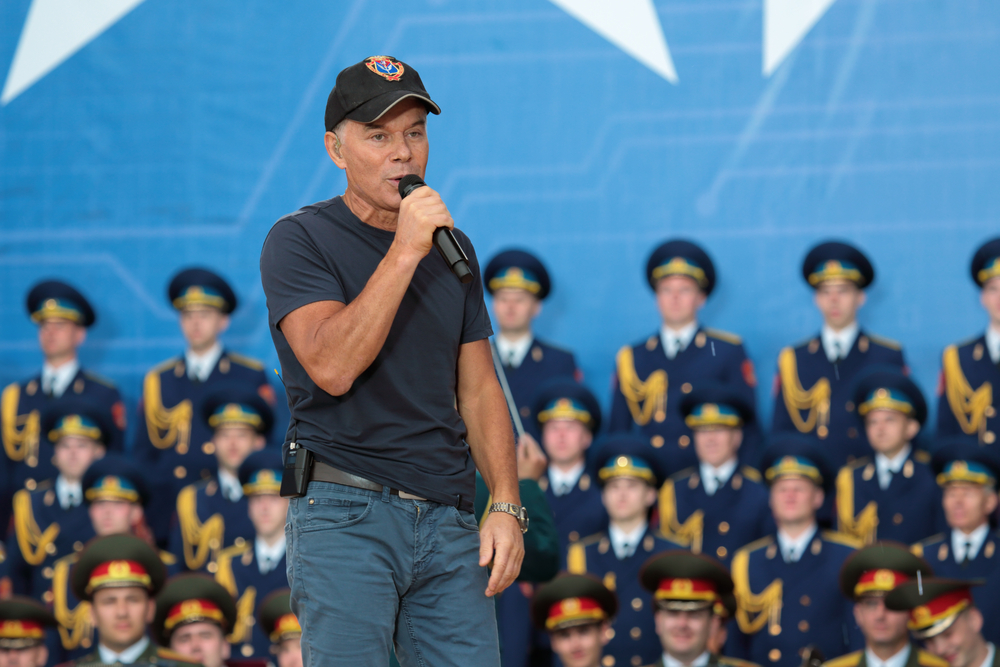The weaponisation of music in today’s Russia
Music is the art most intimately connected to time. Indeed, it serves as a time machine for the transmission of culture, collective memory, concepts, mental states and feelings. But music has other purposes as well. It has a long history of being used as a strong tool for soft power. The Voice of America radio channel in communist countries was a striking example of this. Additionally, artists have utilised it as a form of protest. For example, the Polish rock group "Tilt" found in music the only way to express its rebellion against the communist regime in the 1980s.
September 11, 2023 -
Tatevik Hovhannisyan
-
AnalysisIssue 5 2023Magazine

Russian pop singer, Oleg Gazmanov, performing at a military ceremony. Photo: ID1974/Shutterstock

































